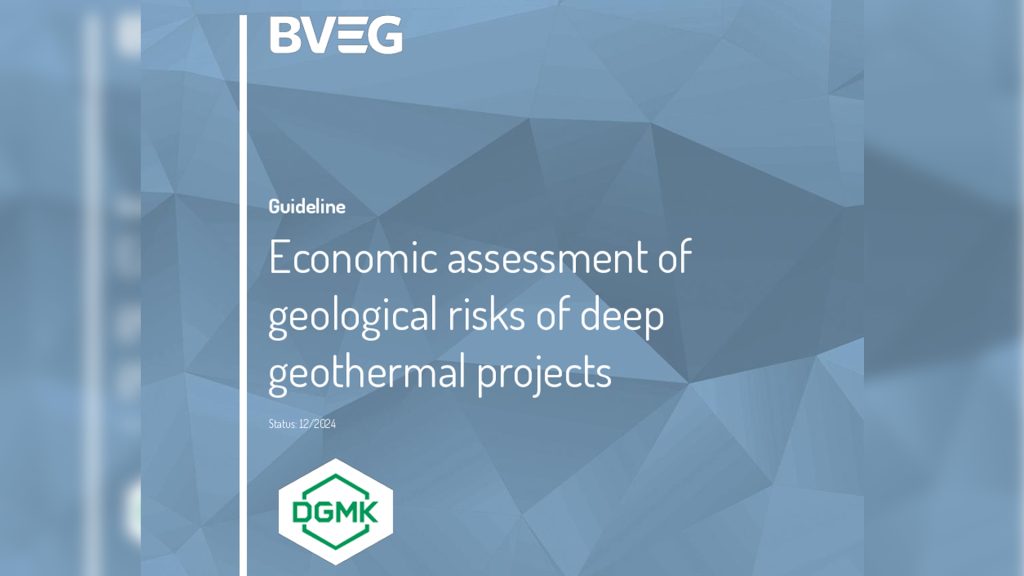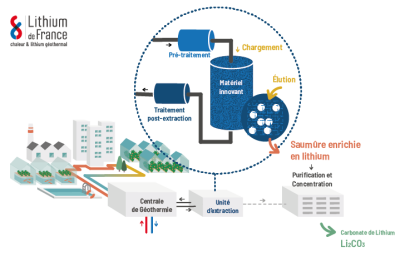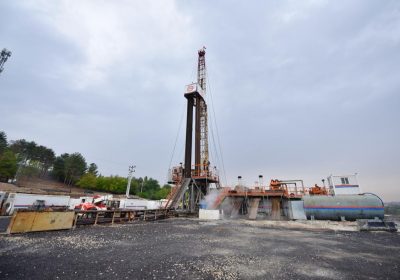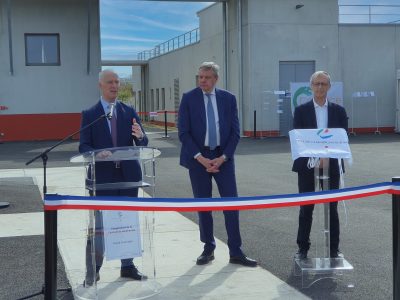Germany publishes guidelines on geological risk of deep geothermal projects
Germany's BVEG and DGMK have published the final version of the guidelines for economic assessment of geological risks of deep geothermal projects.
The Federal Association of Natural Gas, Petroleum, and Geoenergy (BVEG) of Germany and the German Scientific Society for Sustainable Energy Sources, Mobility and Carbon Cycles (DGMK) have published the final version of the “Guidelines for economic assessment of geological risks of deep geothermal projects.”
The full document is available at the BVEG website in both German and English.
The guideline provides a standardised and generally applicable methodology for dealing with geological uncertainties in hydrothermal and petrothermal energy production. The aim is to provide a transparent, transferable, and reusable guideline for assessing and quantifying the geological probability of success and natural geological variability. The guideline has been written primarily for the German market and similar low-enthalpy regions.
Such a geological assessment is essential for the responsible and economical use of investments and subsidies. Quantifying the geological probability of success is the necessary basis for or against investment decisions. In addition, the proposed assessment approach enables a traceable forecast of the range of possible geological scenarios and their probability of occurrence. This creates the necessary basis for a proper subsurface and surface planning and realistic cost estimates.
This guideline primarily focuses on hydrothermal systems with several boreholes that are to be drilled deeper than 400 metres. The feasibility and economic viability of geothermal systems are analysed, where thermal water flows not only through the boreholes and surface facility but also through the subsurface geological formations.
The final version has been extensively revised compared to the gray print of April 2024. The BVEG would like to thank all the geothermal operators, authorities, engineering service providers, private individuals and ministries, that provided constructive suggestions that were intensively discussed and incorporated into the guide.
Source: BVEG



















